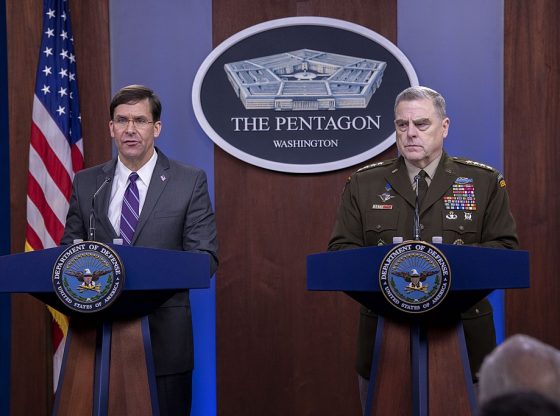During the Senate Armed Forced Committee hearing top Pentagon officials said it was the fault of the State Department for not starting Afghanistan evacuations earlier. President Biden’s Aug. 31 withdrawal date caused all-out panic and chaos as Americans and Afghan allies rushed to the Kabul airport to board planes out of the country as it fell to the Taliban. The disastrous withdrawal has led to finger-pointing between the country’s top military brass as senators questioned why evacuations didn’t begin earlier given the known deadline.
According to reports by Fox News:
Pressed on why evacuations did not begin sooner, Defense Secretary Lloyd Austin said it was a “State Department call.”
“We provide an input, as I said in my opening statement, to the State Department,” Austin said, explaining, though, that officials were “being cautioned” by the Ghani administration that “if they withdrew American citizens and SIV applicants at a pace that was too fast, it would cause a collapse of the government that we were trying to prevent.”
Later in the hearing, Joint Chiefs chairman Mark Milley admitted that the evacuation efforts in the final days before Aug. 31st were “violent and chaotic.”
“I just want to be clear – we’re talking about two different missions,” Milley said. “The retrograde of troops … that is complete by mid-July, and that was done, actually, without any significant incident. And that’s the handover of 11 bases, the bringing out of a lot of equipment … that was done under the command of Gen. Miller.”
“Noncombatant evacuation operation is different,” Milley said, referring to the Biden administration’s efforts to airlift Americans and Afghan allies from Kabul prior to the troop withdrawal deadline. “Noncombat operation – that was done under conditions of great volatility, great violence, great threat.”
So far, the Senat hearing has shown a major disconnect between President Biden and his top military advisers. During Tuesday’s hearing, officials contradicted Biden’s previous claims that he was never given the recommendation to leave about 2,500 peacekeeping troops in the region after the withdrawal.











